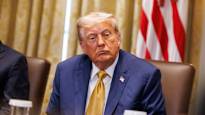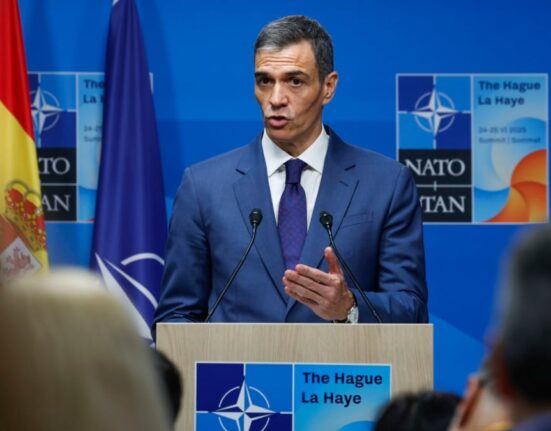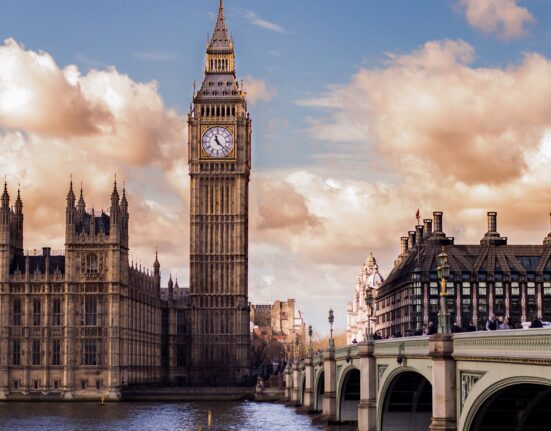Trade negotiations between the European Union and the United States are currently underway, sparking discussions about the future of international trade. Ilkka Saarinen, the head of the trade policy unit at the Finnish Ministry of Foreign Affairs, emphasizes the importance of moving towards trade liberalization rather than restriction. These negotiations are unique as they focus on potentially limiting trade rather than promoting free trade, marking a significant departure from traditional trade talks.
Saarinen highlights the pivotal role of the impending agreement in providing certainty for Finnish and EU businesses trading with the U.S. and setting a foundation for the future. He underlines the need for a deal that steers towards trade liberalization rather than restriction and considers the broader implications on the international trade system. Saarinen expresses concerns about the potential consequences of deviating from the multilateral trade system based on the World Trade Organization, which has greatly benefited Finland.
Amidst the negotiations, the unpredictable dynamics of U.S. President Donald Trump add complexity to the talks. Trump’s threats of imposing additional tariffs on copper and pharmaceuticals raise alarms, particularly for Finland, whose exports of pharmaceuticals to the U.S. could be significantly impacted by such tariff increases. The U.S. has already imposed a ten percent basic tariff on EU products, with higher tariffs on cars (25%) and steel and aluminum (50%).
Saarinen stresses the importance of monitoring the potential implications of increased tariffs on the forestry industry in Finland. Despite Trump’s tariff threats, there remains a possibility for reaching a mutually beneficial agreement that surpasses the terms outlined by the U.S. President. Several countries, including those in Asia, are striving to achieve a comprehensive agreement that supersedes Trump’s proposed terms.
The uncertainty surrounding U.S. trade policies has led Asian countries to turn their focus towards the EU as a more stable trade partner. Countries in the Indo-Pacific region are displaying a positive attitude towards free trade negotiations with the EU, viewing the EU as a reliable actor that adheres to established rules, in contrast to the perceived unpredictability of trade relations with the U.S.
As the discussions continue, the evolving landscape of international trade under the Trump administration underscores the need for strategic maneuvering and a nuanced understanding of the shifting dynamics. The outcomes of these negotiations will not only impact the immediate trade relations between the EU and the U.S. but also have broader implications for the global trade ecosystem. The ongoing developments serve as a reminder of the intricate interplay between political decisions and economic ramifications in the realm of international trade.









Leave feedback about this